From July 29th to August 2nd, participants from around the country and the world attended the 2024 Human Trafficking Academy, Trafficking of Youth in America: Risk Factors, Systemic Failures and the Way Forward.
This year’s global theme in commemorating the World Day Against Trafficking in Persons asks to “Leave No Child Behind in the Fight Against Human Trafficking.” The UNODC’s Global Report on Trafficking in Persons reveal some dire facts: “1 in 3 victims of human trafficking globally is a child… with girls being disproportionately affected, [and] children are twice as likely to face violence during trafficking than adults.” The UNODC further notes that the causes of child trafficking are as diverse as the ways in which children are exploited. At domestic level, the National Center for Missing and Exploited Children estimates that “1 in 6 of the more than 28,800 cases of children reported missing to NCMEC in 2023 were likely victims of child sex trafficking,” and closer to us, at a more local level, in Florida, the Department of Children and Families reports that in the period of 2022-2023, its Florida Abuse Hotline recorded 1627 cases involving children alleging human trafficking maltreatments. This intensive week of 15 courses is a response to the problem we face today, as we strive for effective solutions that would put an end to this scourge.
The 2024 Academy began with an invocation of God’s grace and blessings from Rev. Dr. Paul VI Karenga. of Our Lady of Mercy Catholic Church and an alumnus of the LL.M & J.S.D. in Intercultural Human Rights Program, followed by a welcome from David A. Armstrong, J.D, President, St. Thomas University. In his remarks, President Armstrong highlighted the work of the Human Trafficking Academy and the Intercultural Human Rights Program at St. Thomas University, which rooted in Catholic Social Teaching have been leading in advocacy and action efforts to uphold human dignity and end human trafficking. He emphasized that “in line with Pope Francis’ call for men and women of good will to renew their commitment to improving human condition, we address human trafficking in a comprehensive and multidisciplinary approach, always focused in reading the signs of the times”. Dr. Roza Pati, Founder & Director, The John J. Brunetti Human Trafficking Academy, St. John Paul II Distinguished Professor of Law and Director of the LL.M./J.S.D. in Intercultural Human Rights Program, provided opening remarks that set forth the importance and context of the week’s curriculum. Delineating the problem of child trafficking worldwide, Dr. Pati stressed the urgency of the issue at hand, by invoking an assessment by Nelson Mandela, who is quoted to have said: “There can be no keener revelation of a society’s soul than the way in which it treats its children.” Dr. Pati added that “we are all called to engage in urgent and comprehensive action and to respond to the clarion call of healing the soul of the society by always focusing in the best interest of the child, through prevention of harm and protection from it, for investment of child’s development and child’s ultimate flourishing.” She invited the 70 in-person and online participants of this intensive week of coursework, at the Academy at St. Thomas Law, to examine the root causes and the risk factors that make youth susceptible to trafficking, such as adverse childhood experiences, technology and health risk behaviors, children involved with the juvenile justice system, those placed in child welfare, etc. Over 20 expert instructors in this training explored the reasons why the system fails to effectively address youth vulnerability, discuss the gaps in policy, law, and practice related to youth protection and safety, and searched for best practices that would help develop solutions in the way forward. Dr. Pati promised participants: “an exceptional dedication, cordial hospitality and an unmatched service — all deeply rooted in our Catholic intellectual tradition of higher education. You will leave the Academy empowered to better address child trafficking, at every station of your work, while joining efforts to better serve children and restore their freedom and dignity.”
The program was set up in five modules, and it covered various issues, as indicated below.
Vulnerabilities that Place Youth at Risk
Studies have shown that a considerable part of the trafficked youth has experienced some sort of adversity, which may put them at higher risk of being trafficked. Module 1 focused on the delimitation of the problem of human trafficking among children and youth in the United States, with particular emphasis on youth in child welfare systems. Melissa A. Snow, Executive Director, Child Sex Trafficking Programs, National Center for Missing and Exploited Children (NCMEC), discussed the increased risk factors facing children in child welfare care as well as intervention strategies, including the reasons why youth run away or go missing from care. She discussed different approaches for proactive recovery planning when youth do go missing. Professor Andres Cediel,Documentary Filmmaker and Professor, UC Berkeley, California, examined the role of investigative reporting and used his documentary “Trafficked in America” as a case study, breaking down guiding journalist principles and techniques when covering human trafficking. Dr. Marianne Thomas, Founder and President, My Name My Voice, assessed how youth with high scores of Adverse Childhood Experiences have an increases vulnerability to human trafficking. During the thematic luncheon, Dr. Katariina Rosenblatt,Author and Executive Director of There Is Hope For Me, provided trends of trafficking in schools in Texas and identified methods of preventing trafficking before children ever go missing.
Systems and Laws
The next two modules dealt with protections available to human trafficking victims. Module 2 examined the various aspects of the legal framework for child protection, as well as the process of investigations and prosecution of human trafficking of children and youth. Dr. Katherine C. Gomez, Director of Human Trafficking Intervention, Florida Department of Juvenile Justice, explained how the FDJJ screens for potential victim of exploitation and the work the agency does with identified victims who have encountered the juvenile justice system in a framework of victim-centered services in Florida. Detective Michael Joo, Broward County Sheriff’s Office provided and in-depth overview of Human Trafficking Investigations from initial victim contact to subsequent trial, discussing prosecuted cases both at state and federal level within the Southern District of Florida. Assistant State Attorney Brenda Mezick, Esq., Office of the State Attorney, Human Trafficking Task Force, Miami Dade County, addressed challenges in both the investigation and prosecution of human trafficking of minors, exemplifying issues with a myriad of cases she has worked on, guided by a trauma-informed prosecution style.
In recognition of the World Day Against Trafficking in Persons: Leave No Child Behind in the Fight Against Human Trafficking, the Academy was privileged to have Mr. Callahan Walsh, Executive Director of the National Center for Missing & Exploited Children of the Florida Branch, and Co-host of the America’s Most Wanted, during a special luncheon. Through an interactive Q & A session, moderated by Ana Isabel Vallejo, Esq., Assistant Dean for Experiential Learning at STU College of Law, Mr. Walsh explained the work that NCMEC does to identify potential child victims of human trafficking, the challenges and advancements in child trafficking, as well as the need to take comprehensive measures to prevent victimization, to protect the most vulnerable groups and assist child victims.
Module 3 experts examined non-criminal systems and protections available to human trafficking victims, with a particular emphasis on the child welfare system in the state of Florida. Dr. Stacey Cutbush Starseed, Program Director of the Violence Prevention and Harm Reduction Program at the RTI’s Justice Practice Area Research, Triangle Park, North Carolina, assessed the child welfare system in Florida. She shared the findings from a series of studies that used linked administrative data from the Florida Department of Children and Families (DCF), Florida Department of Juvenile Justice (DJJ), and Florida Department of Law Enforcement (FDLE). Jenny Cachaya, Director, Children Services Migration and Refugee Services, United States Conference of Catholic Bishops, shared extensive knowledge on the system of sponsorships and the complex journey that unaccompanied children face once they enter the United States. She reviewed procedures that are in place to protect them, and efforts being made to mitigate the risks of human trafficking to unaccompanied children. Professor Ana Viamonte Ros, M.D., M.P.H, Full Professor, Florida International University, instructed on ethical considerations around identifying and providing services for victims of human trafficking, particularly youth and children, with a focus on the State of Florida.
Social Services
Module 4 discussed different services in support of the trafficked youth. The impact that sex trafficking and labor exploitation has on youth victims and survivors demands a variety of comprehensive services for short-term and long-term recovery and healing, with the goal of full rehabilitation. This section also brought to the fore the issue of the human trafficking of young boys. Dr. Gihan Omar, Clinical Coordinator, Foster Care and CHANCE Citrus Health Network Inc., provided an overview of the social, behavioral, and emotional impacts of trauma on adolescents, and the importance of implementing trauma-informed care and survivor-centered approaches, which have been shown to improve services and engagement. Marina Anderson, Regional Human Trafficking Prevention Coordinator, Florida Department of Children and Families discussed how people with disabilities are often targeted for sex and labor trafficking and exploited for financial gain. Her course also highlighted the fact that persons with disabilities often experience widespread societal discrimination. That has been a factor in the disbelief of their family, friends, and even the authorities when they report abuse. The Honorable Robert Lung, Judge of 18th Judicial Circuit of Colorado, shared his personal experience as a trafficked boy and the need to provide more services to male victims of sex trafficking since they have historically been an invisible population. He also discussed issues of familial trafficking, which happens more often than one thinks, and is also among the most unidentified and underreported trafficking types.
When Children Grow Up: Integral Development Towards Thriving as Adults
The finale Module explored the various dimensions of human development that is meant to strengthen survivors in an integral way, as they age out of the child welfare system and into adulthood. Experts in the field discussed pressing challenges faced by survivors of trafficking in this integration process, and some specific circumstances such as pregnancy, parenting, disability. The instructors identified best practices, effective protections, the various policies germane to development, as well as recommendations to improve the ways in addressing potential shortfalls. Dr. Lisa Schelbe, Interim Associate Dean for Academic Affairs and Associate Professor at Florida State University shared her extensive knowledge on the issues of youth aging out of foster care, and their higher risk of being trafficked. She explained how youth navigate the transition out of foster care and into adulthood and examined the hardships they frequently face in a wide range of domains including housing, employment, education, mental health, and early parenting. Dr. M. Elizabeth Bowman, , Assistant Professor at Gallaudet University and Founder and Executive Director of the Restoring Ivy Collective, examined challenges faced by survivors of sex trafficking who are parents and/or pregnant, resiliency factors of survivors, and best practices to support them as service providers. The Honorable Dr. Suamhirs Piraino-Guzman, Presidential Appointee, U.S Advisory Council on Human Trafficking, discussed the importance of providing comprehensive support services to young trafficking survivors, including medical care, mental health counseling, and safe housing, and explored ways that academia can advocate for policy changes that address the systemic failures that contribute to youth trafficking. During the thematic luncheon, Dr. Sandra Maria Anderson, Founder, Love Gardens Ministries International Therapy Parks Inc. and Victor Williams, Founder/ CEO of the Quest2Freedom, explained the crucial role of attachment in human development and relationships, highlighting the impact of early attachment styles, neurological imprints, and epigenetic inheritance on behavior. The presenters explained how emotional bonds influence human trafficking and underscore the transformative power of love in creating a safer world. Their presentation brought afore important issues related to culture and its impact in the society, and love as a human need and as a healing force and promoter of resilience – all told through their own remarkable stories.
Speaking on behalf of the Dean of the College of Law, Tarlika Nunez-Navarro, participants were greeted by the Associate Dean for Faculty Development of the Benjamin L. Crump College of Law, Professor Dr. Siegfried Wiessner, who highlighted the trailblazing work of the John J . Brunetti Human Trafficking Academy and its Founder, Professor Dr. Roza Pati, in the quest for human dignity and for the development of every person and of the whole person, and the positive impact this work has had in policy, law and practice worldwide.
During the closing ceremony, a Certificate from St. Thomas University College of Law was extended to all participants who successfully completed the Academy. Closing remarks congratulating the participants were provided by Dr. Roza Pati, recognized the late John J. Brunetti, Sr., the Academy’s namesake, and the Brunetti Foundation as most generous benefactors of the Academy and sponsors of the scholarships provided to all survivors in attendance. “It is because of their unselfish generosity that our work constantly reaches new highs, expanding in education and training of the community locally, nationally, internationally. The Human Trafficking Academy at STU College of Law promises to be good stewards of their donation and of their trust in our commitment to those in the fringes of the society, the trafficking victims and survivors, as we continue to make a real difference in the world, one person at a time,” said Dr. Roza Pati.
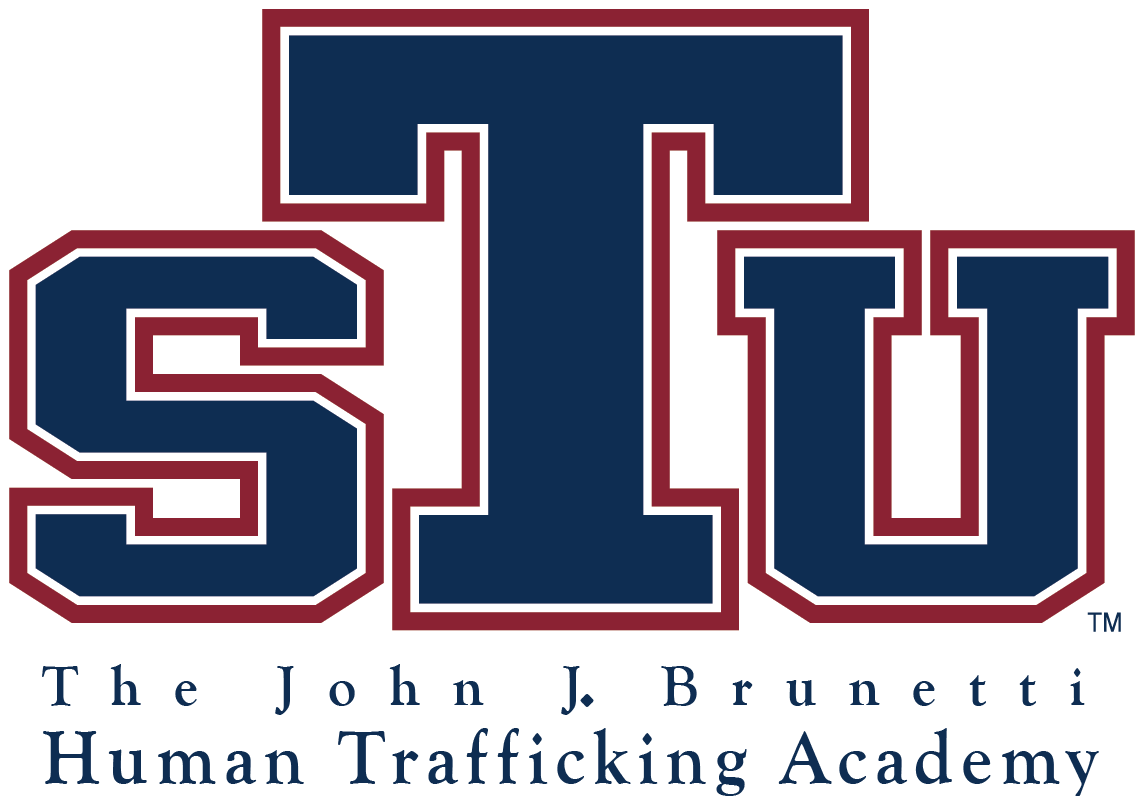

























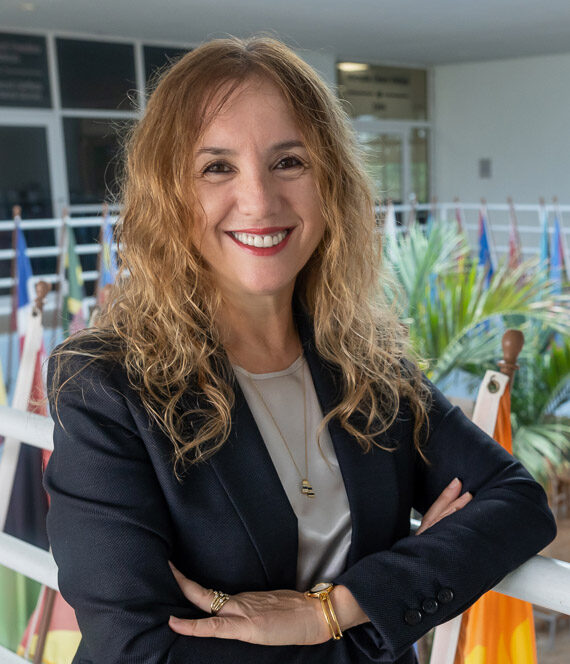 Prof. Dr. Roza Pati
Prof. Dr. Roza Pati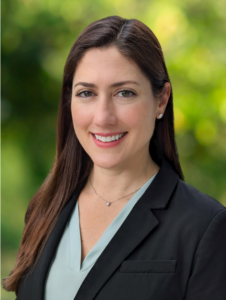
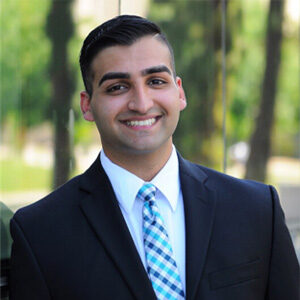
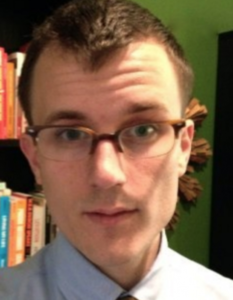 Professor Brendan M. Conner
Professor Brendan M. Conner 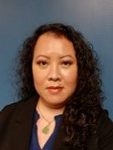 Professor Linh K. Dai
Professor Linh K. Dai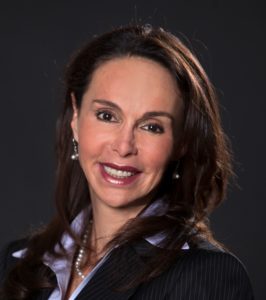
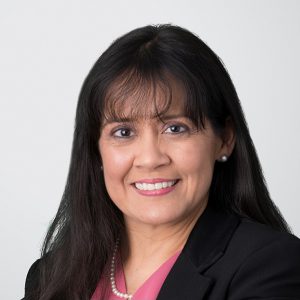
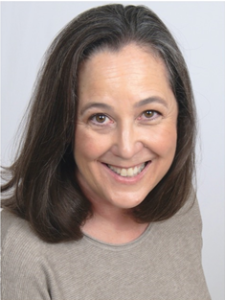
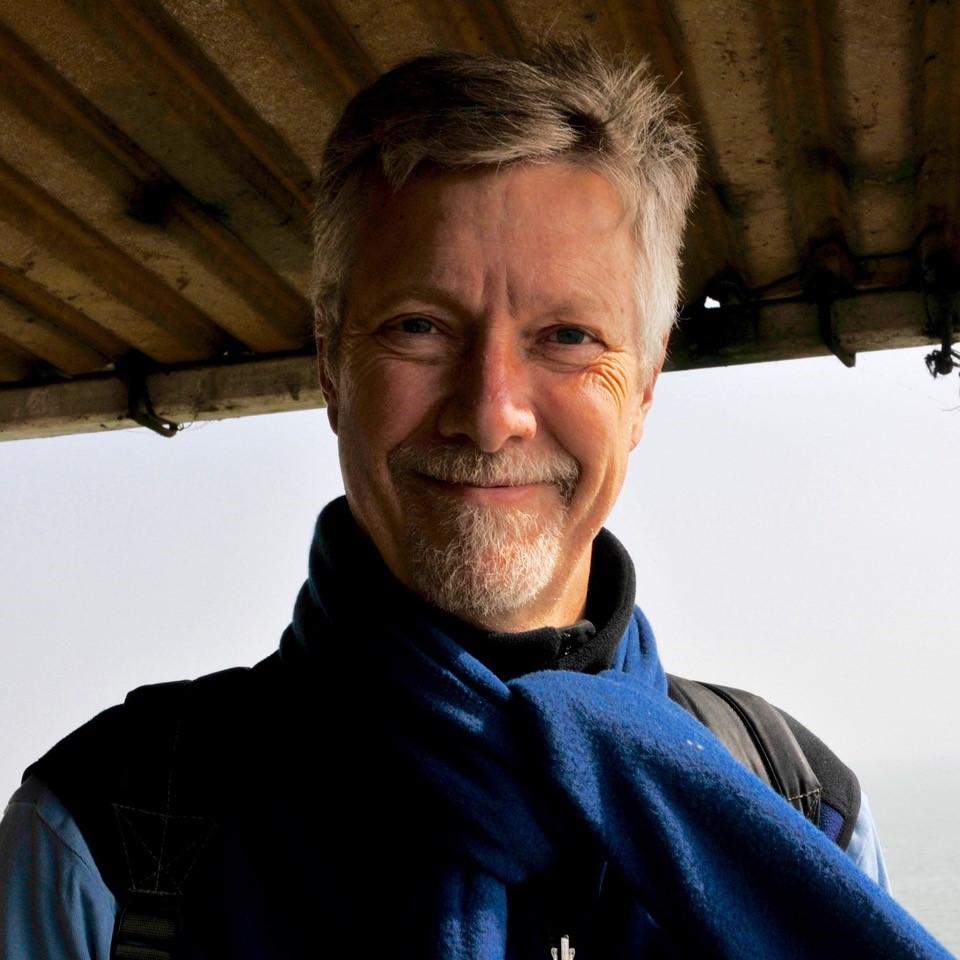
 The Honorable Bella Hounakey
The Honorable Bella Hounakey
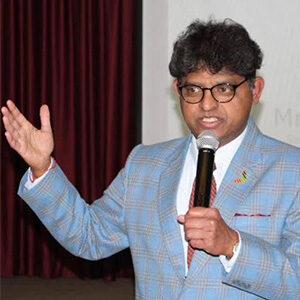 The Honorable Harold D’Souza
The Honorable Harold D’Souza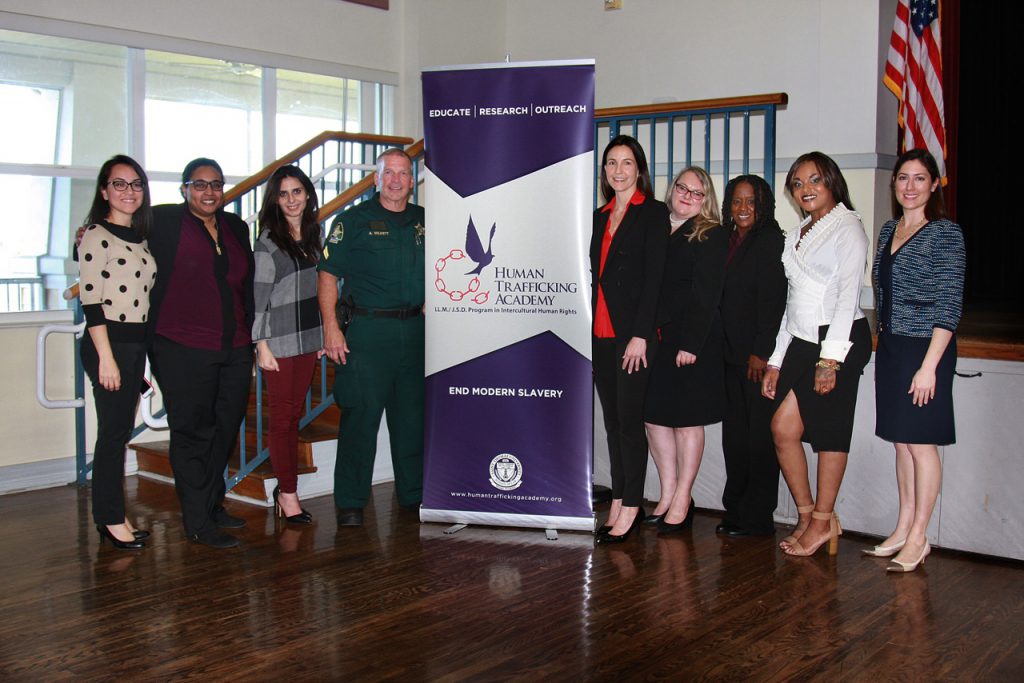
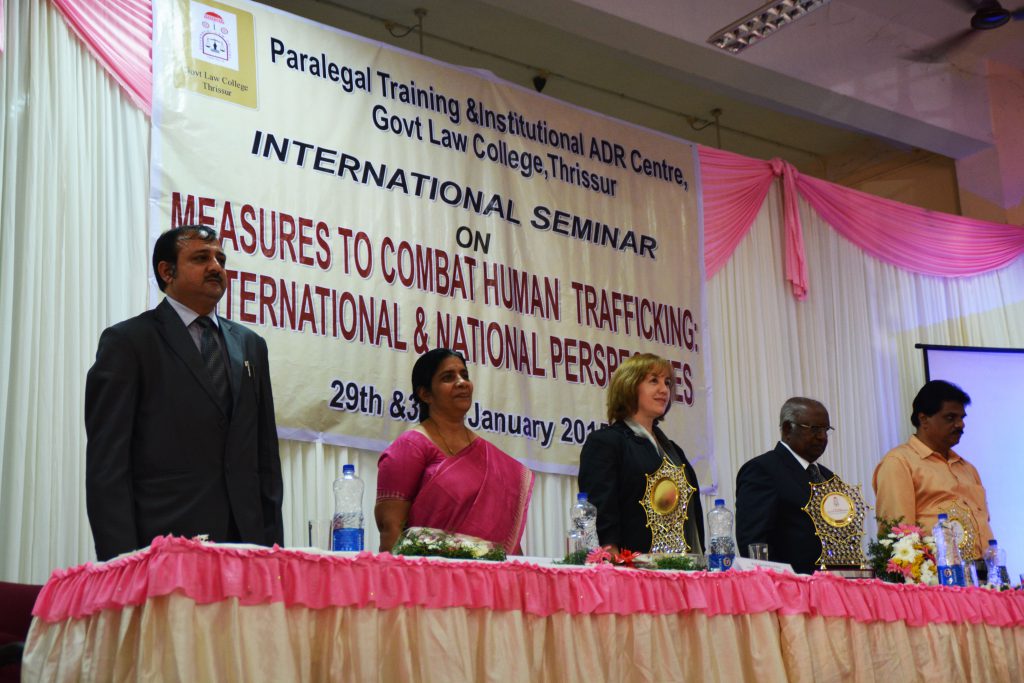
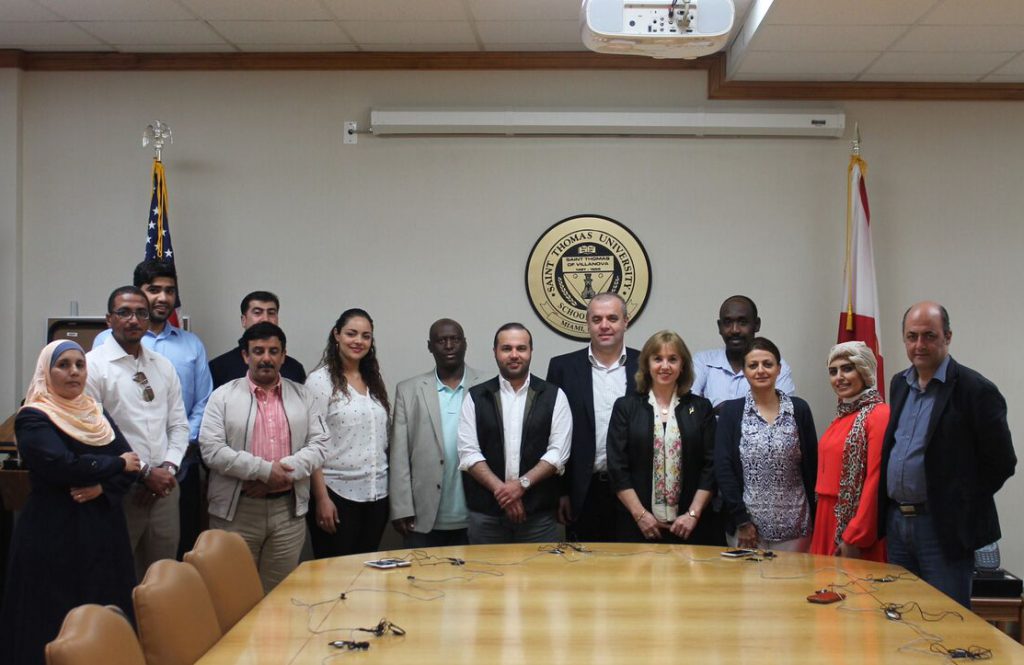
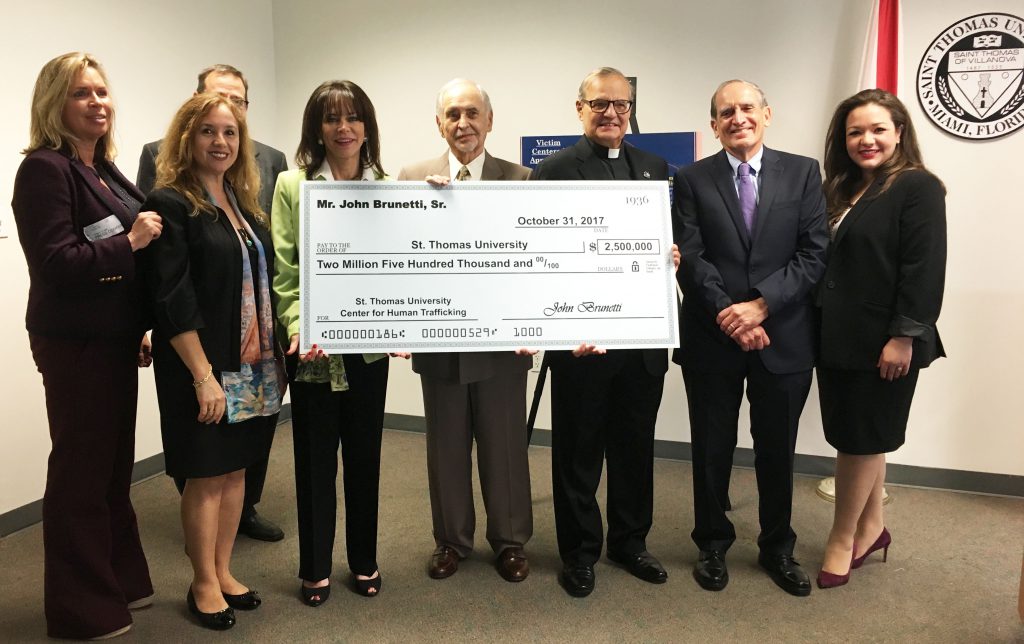
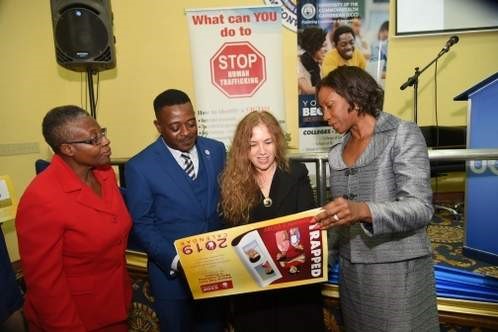
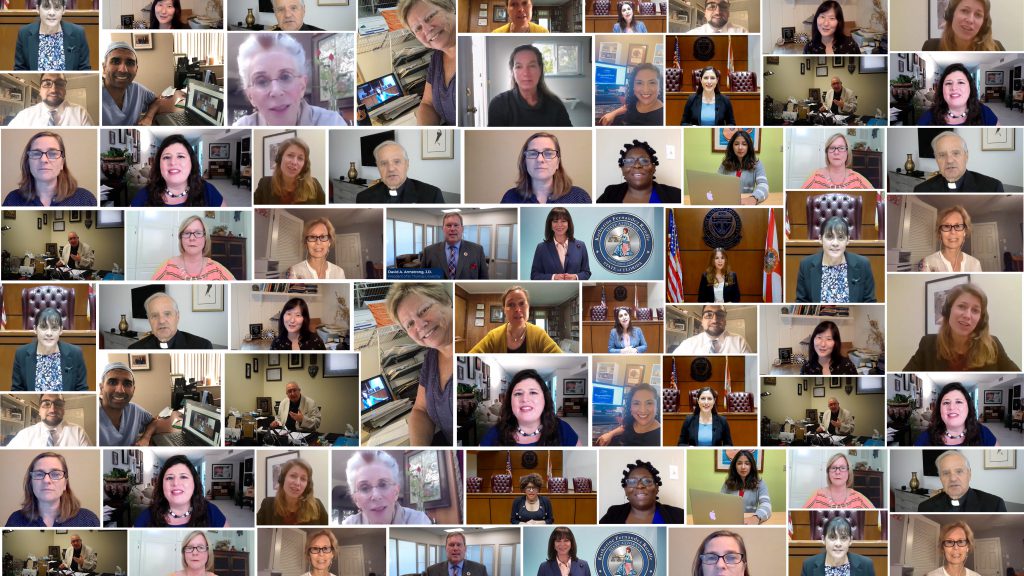
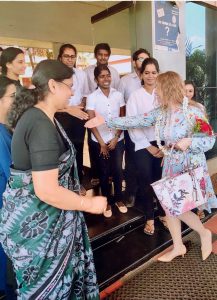
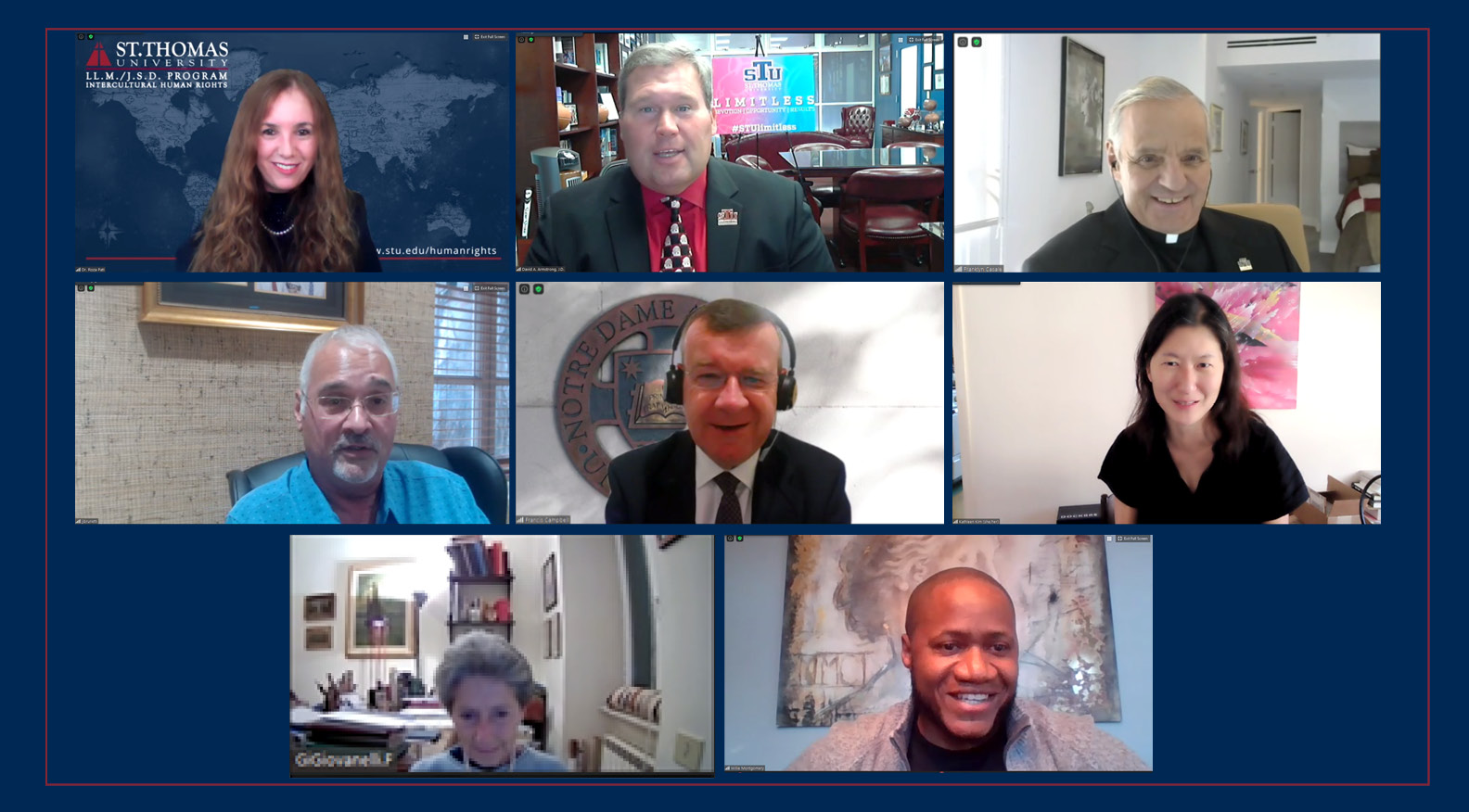
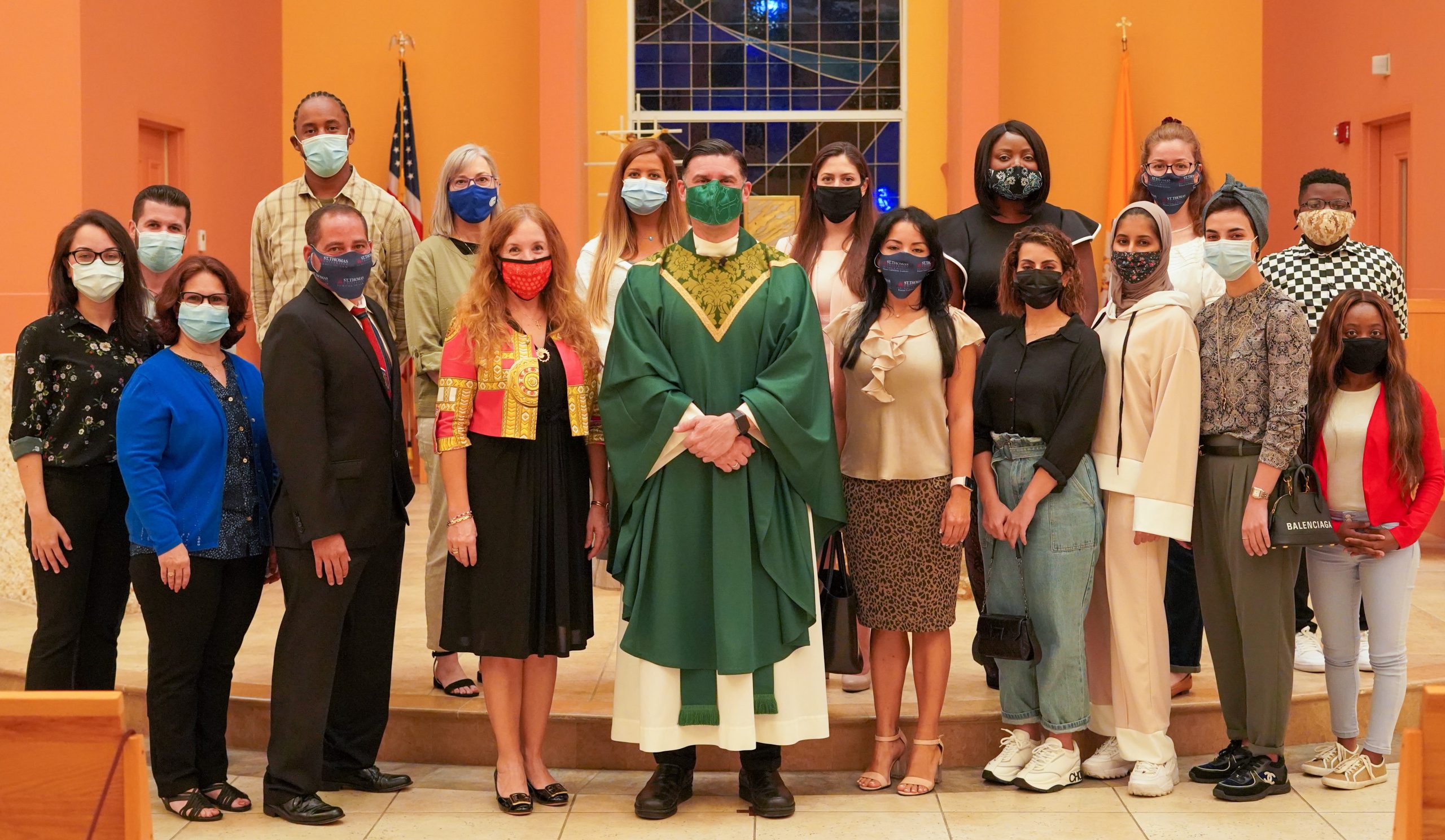
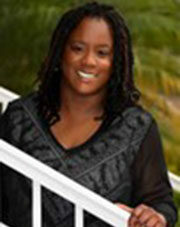 Ramona D. Miller
Ramona D. Miller Detective Krysten Ridenour
Detective Krysten Ridenour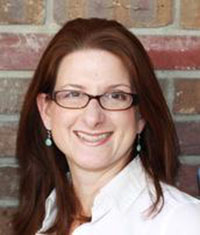
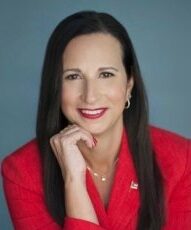 The Honorable Amira D. Fox
The Honorable Amira D. Fox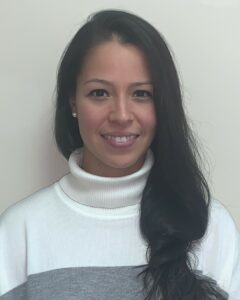 Juliana Diaz, LMHC
Juliana Diaz, LMHC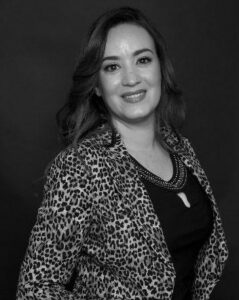 Crystal Lee Hamilton
Crystal Lee Hamilton Erika Pineros, LMHC
Erika Pineros, LMHC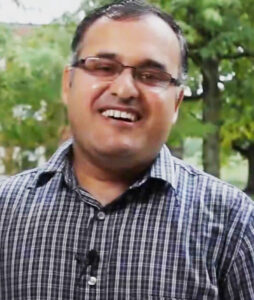 M. Kazam Hashimi
M. Kazam Hashimi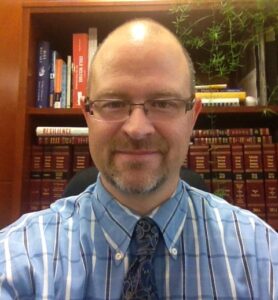
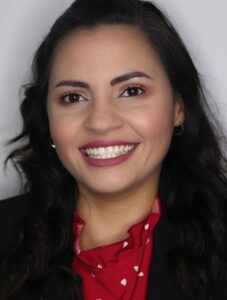 Maryem Reyes
Maryem Reyes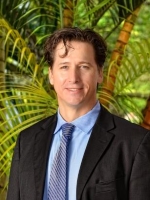
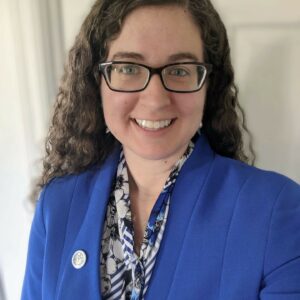 Jennifer Reyes Lay
Jennifer Reyes Lay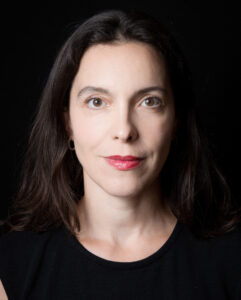 Sloane Davidson
Sloane Davidson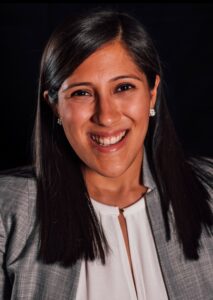
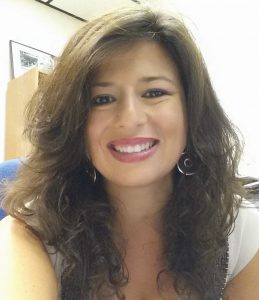 Ana I. Vallejo, Esq.
Ana I. Vallejo, Esq.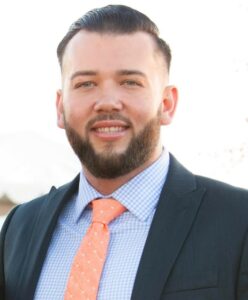 The Honorable Suamhirs Piraino-Guzman
The Honorable Suamhirs Piraino-Guzman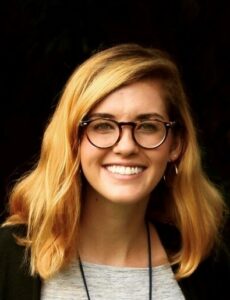 Caroline Chisholm
Caroline Chisholm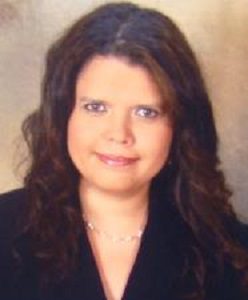 Imelda Medina, MD, MPH
Imelda Medina, MD, MPH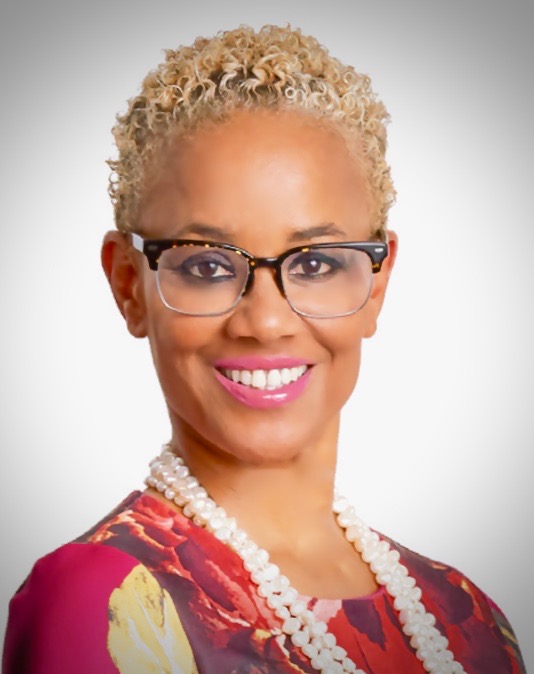
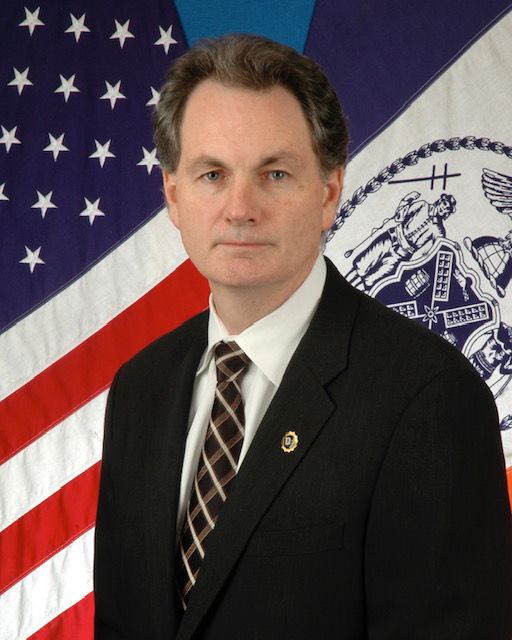
 Kutisha T. Ebron
Kutisha T. Ebron The Honorable Kwami Adoboe-Herrera
The Honorable Kwami Adoboe-Herrera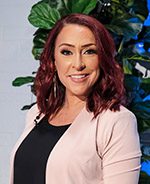 Rebekah Charleston
Rebekah Charleston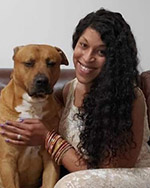
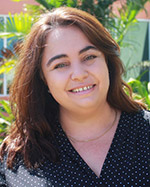 Maria Florencia Cornu Laport, Esq.
Maria Florencia Cornu Laport, Esq.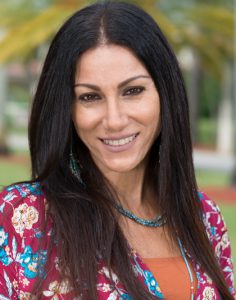
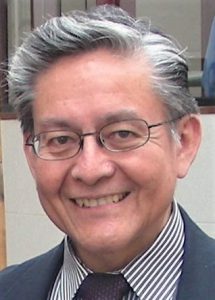
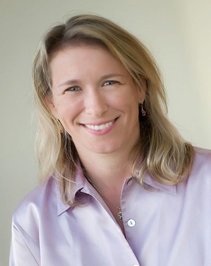
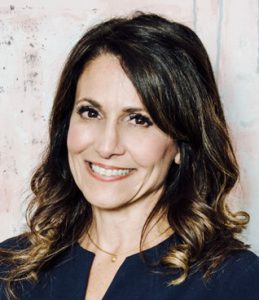

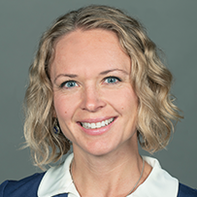
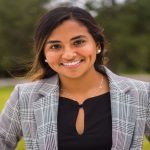 Maria Vega
Maria Vega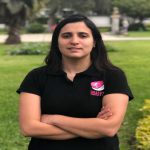
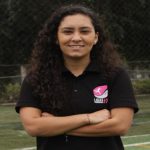


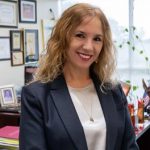
 Gabriela DeBellis
Gabriela DeBellis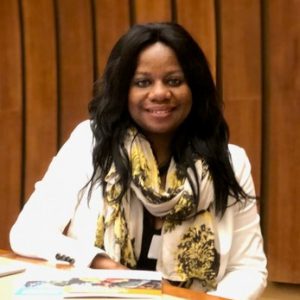 Lerina Bright
Lerina Bright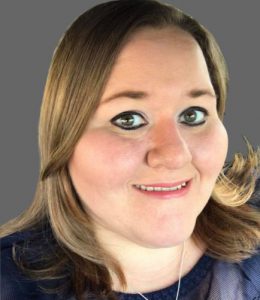

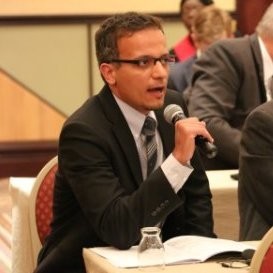
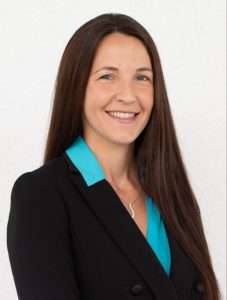
 Ronke Giwa Onafuwa
Ronke Giwa Onafuwa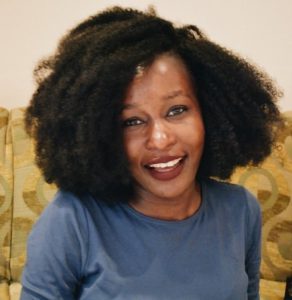

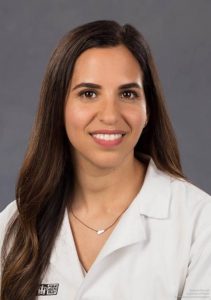
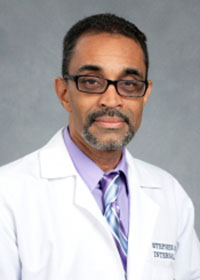
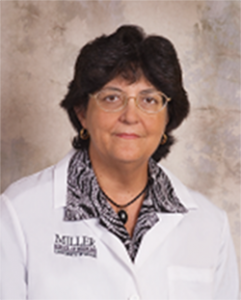
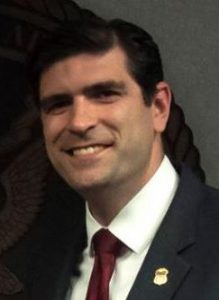
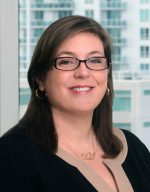
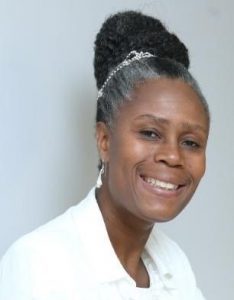 Myriam Mézadieu
Myriam Mézadieu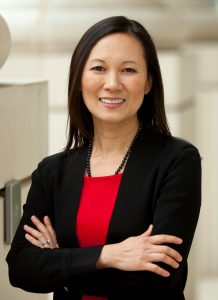 Thear Suzuki
Thear Suzuki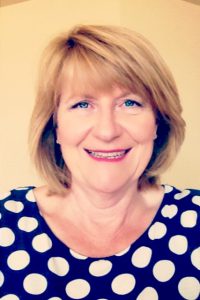 Mary Anne Silvestri
Mary Anne Silvestri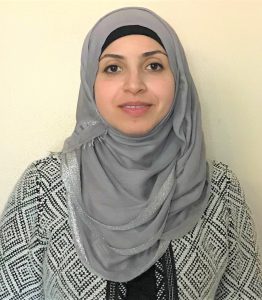
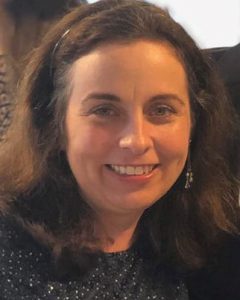
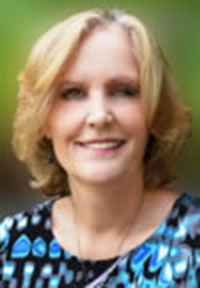 Susan Patterson
Susan Patterson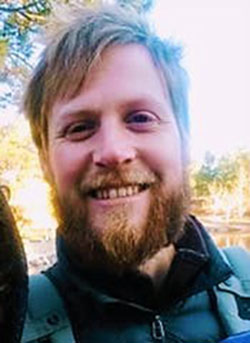 Jordan Bruxvoort
Jordan Bruxvoort